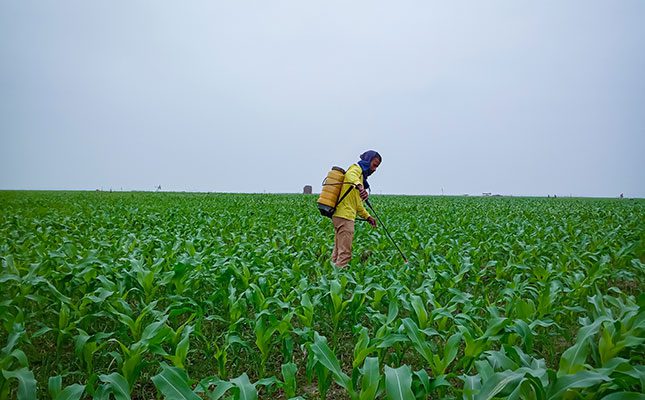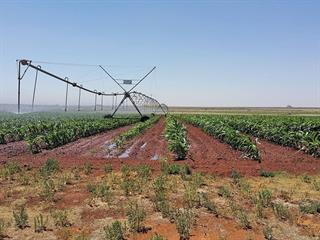
Photo: Wikimedia Commons
Many international studies show that stress plays a major role in farmers’ health. While each type of farming presents its own stressors, and individuals have their own ways of coping (or trying to), it stands to reason that farmers who run family businesses or ‘one-man operations’ are most at risk of burnout or stress-related maladies.
Studies cite the following as some of the causes of ‘agricultural stress’: mounting paperwork and legislation, the political climate, workload and time pressures, disease and acute crises, seasonality and adverse weather conditions, mechanical failures, security, isolation, and negative press coverage. No real surprises there!
In addition, the blurred boundaries between a farmer’s home and working life make it difficult to escape from occupational problems.
Now add financial worries, and you have the ideal recipe for burnout. Having said all this, stress is a highly subjective concept. Certain kinds of stress may serve as a motivating force, and can be regarded as ‘good’ stress. Many farmers talk about the satisfaction they derive from being able to solve problems effectively.
Sometimes, stress ‘sharpens’ you up and keeps you alert for potential problems. No wonder so many dedicated farmers find it hard to take a few days off without getting on everybody else’s nerves. While the farm apparently cannot function without them, in the same way they cannot live without the farm. Yet fitting in a little break somewhere, even under duress, is an excellent idea.
AgHealth Australia, which is part of the Faculty of Medicine and Health at the University of Sydney, has produced a handbook titled Managing the Pressures of Farming. It is based on information provided by farmers on the effects of common difficulties that they face.
According to the booklet, farmers are under as much, if not more, pressure than corporate business people, and many of their problems cannot be changed immediaterly. Yet they cannot afford to let these pressures get them down to the point where damage is done to productivity, family life, and simply the enjoyment of living.
Types of stress
Stress is what goes on inside us when we react to frustration, conflict and pressure. It generally affects everyone in five basic ways.
- Physiologically (headaches, frequent illness, backache);
- Emotionally (anger, anxiety);
- Behaviourally (irritability, drinking too much alcohol);
- Cognitively (inability to make decisions, memory loss);
- Self concept (“I’m a failure”).
Strategies for coping
Successful management of stress comes from practice and looking at how you perceive the events causing the stress.Here are some suggestions that the authors of the booklet have for coping.
Admit that stress is having an effect on you. No one is stress-free. Make a commitment to take care of yourself and accept responsibility for your overall health and well-being, including adequate rest and relaxation.
Ask yourself whether or not you have control over what is happening. Try not to worry too much about things over which you have no control. Get to know the difference between what you can and cannot change (such as the weather).
Work out your tensions. Exercise is a good way of handling pressure. Take care of your body. Get adequate rest, nutrition and exercise.
Pay attention to physical and emotional signs of stress, including fatigue, carelessness, apathy and vague aches and pains. Have a medical check-up, as your physical condition can affect your outlook on life.
Socialise. Spending time with others who understand what you are going through can be very helpful. It can be a relief to know that others feel the same way you do. Have neighbours over for coffee or an evening of cards. It’s important to be with people.
Solve problems. Rather than worrying about what might happen, concentrate on finding solutions. More problems go unresolved by no decision than the wrong decision.
Don’t forget why you chose this way of life.
If the stress becomes unbearable, seek professional help for yourself or a member of your family.
Source: Farm Family Business Handbook: Managing the Pressures of Farming.













